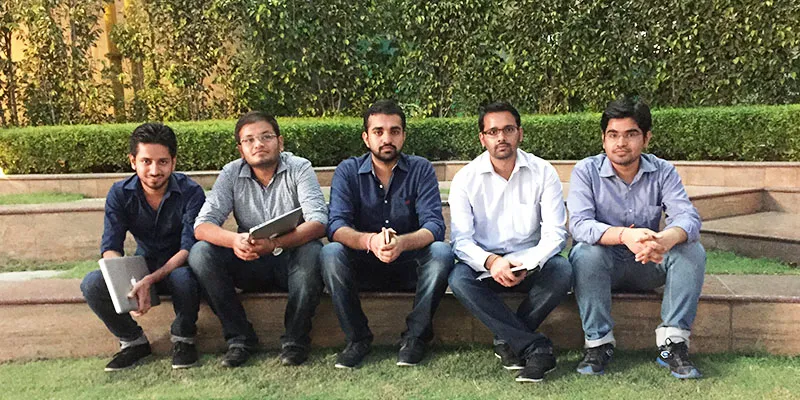Startups fight COVID-19: Gurugram AI startup Staqu is working on a remote monitoring solution
Gurugram-based Staqu helped India fight the first COVID-19 wave with JARVIS, which identified people flouting social distancing norms. Amid the colossal second wave, it is working on a remote monitoring solution to help healthcare professionals stay safe.
Startups led from the forefront as India waged a battle against COVID-19 in 2020, working out ways to help develop technology and infrastructure for better prevention, diagnosis, and treatment. It seemed that we were winning the war against the SARS-CoV-2 virus, but then came the humongous second wave that has battered all of India.
Gurugram-based AI and technology solution provider Technologies believes that this is the time to rally together, find opportunities, and take the fight against the deadly virus.

Image Credit: Staqu
Founded in 2015 by Atul Rai, Chetan Rexwal, Anurag Saini, and Pankaj Sharma, Staqu revamped and modified its AI-based video analytics platform, Joint AI Research For Video Instances And Streams (JARVIS).
Mainly used for security purposes to identify and detect intrusion and/or violence till then, JARVIS was, in the wake of the coronavirus pandemic, used to improve preventive measures to curb the spread of COVID-19. This included identifying people neglecting social distancing norms, not wearing masks, or not adhering to COVID-19 protocols.
The product was integrated with thermal cameras to detect people with body temperatures higher than 37 degrees Celsius. It would sound an alert through the app if it identified someone with unusual temperature or neglecting preventive measures.
The founders have now developed the product further to track and alert on daily hygiene activities such as handwashing and chores such as mopping and sweeping.
Fighting the second wave
Speaking to YourStory, Atul Rai, Co-founder of Staqu, says during the first COVID-19 wave innovations were mostly focused on prevention and detection. However, the situation has now escalated with the virus mutating and spreading rapidly, increasing the burden on medical infrastructure and choking hospitals everywhere.
“We are exploring innovative solutions for patient monitoring using remote cameras to reduce the need for manual monitoring of the patients,” Atul says. He adds that there will most likely be a third wave of the pandemic, which will make monitoring solutions essential for healthcare workers as infections continue to rise.
Atul says the startup is currently in talks with a few doctors and hospitals to understand their requirements.
Scaling up JARVIS
The co-founder explains that their solution has been deployed across various sectors, including manufacturing, warehouse, logistics, pharma, and food tech among others. It currently works with over 15 brands, including Rebel Foods, Piramal, and Marico.
JARVIS helps organisations ensure that COVID-19 rules are being followed by workers. It tracks parameters such as crowding, social distancing, body temperature, hygiene, and more, and sends alerts in case of any abnormalities.
In 2020, the startup launched the Jarvis Streamer app, which enables users to directly stream videos from the site and access themon their mobile phones without placing remote thermal cameras.
“JARVIS also enables live-streaming from the site; this can be accessed via mobile phone. With hygiene being one of the most important factors amid COVID-19, this technology will help clients to monitor the situation remotely,” Atul says.
Edited by Teja Lele








